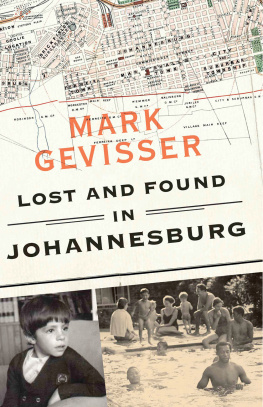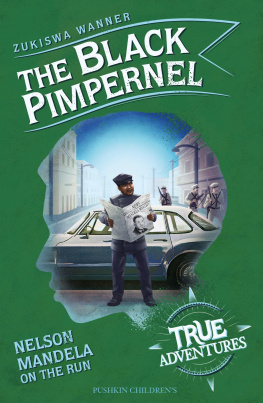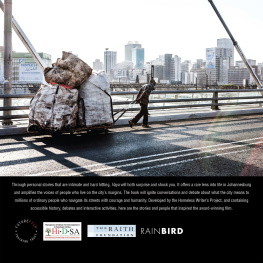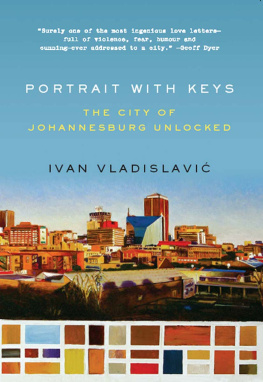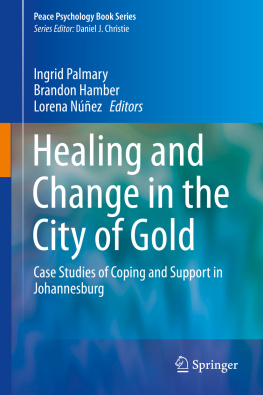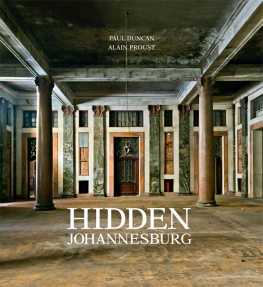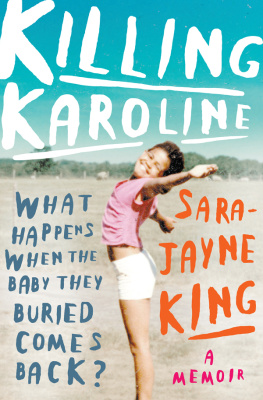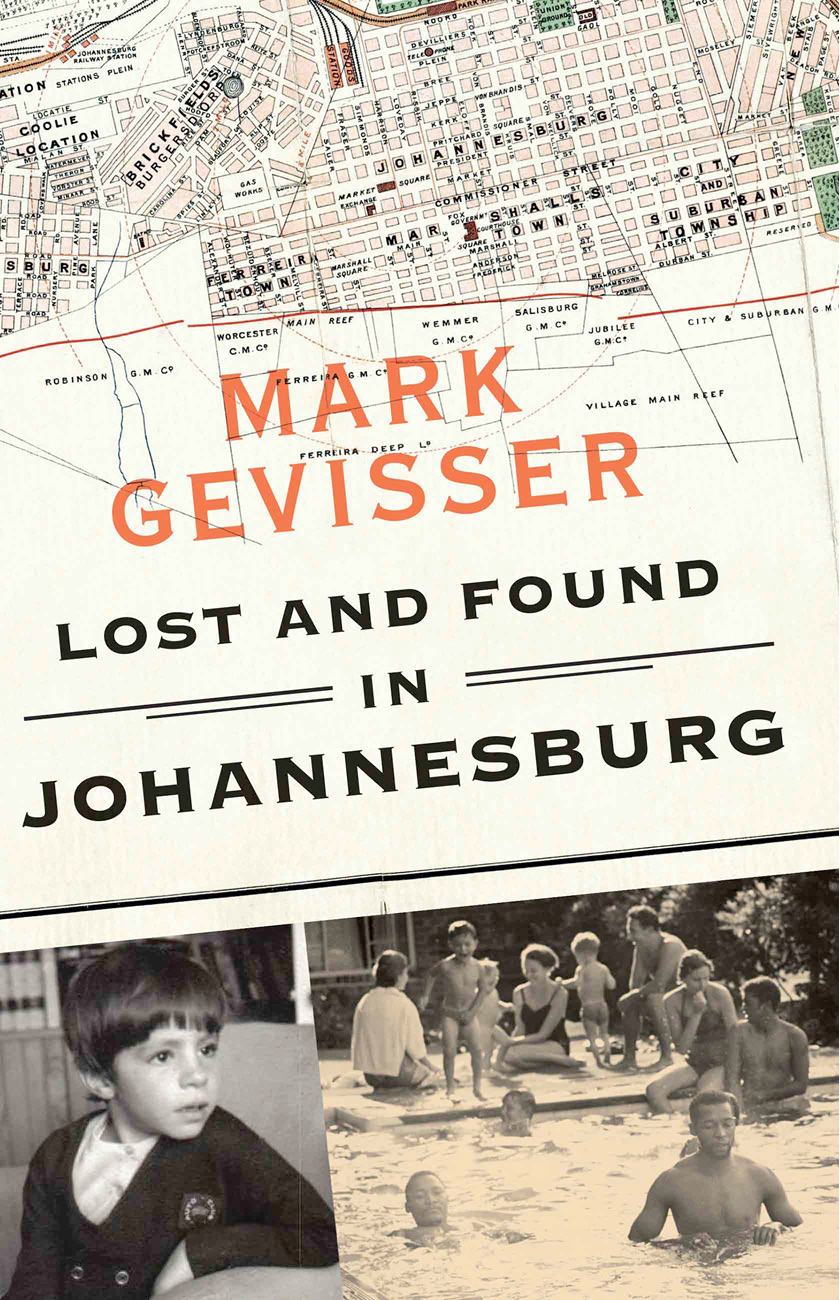Mark Gevisser - Lost and Found in Johannesburg: A Memoir
Here you can read online Mark Gevisser - Lost and Found in Johannesburg: A Memoir full text of the book (entire story) in english for free. Download pdf and epub, get meaning, cover and reviews about this ebook. year: 2014, publisher: Farrar, Straus and Giroux, genre: Detective and thriller. Description of the work, (preface) as well as reviews are available. Best literature library LitArk.com created for fans of good reading and offers a wide selection of genres:
Romance novel
Science fiction
Adventure
Detective
Science
History
Home and family
Prose
Art
Politics
Computer
Non-fiction
Religion
Business
Children
Humor
Choose a favorite category and find really read worthwhile books. Enjoy immersion in the world of imagination, feel the emotions of the characters or learn something new for yourself, make an fascinating discovery.
- Book:Lost and Found in Johannesburg: A Memoir
- Author:
- Publisher:Farrar, Straus and Giroux
- Genre:
- Year:2014
- Rating:3 / 5
- Favourites:Add to favourites
- Your mark:
Lost and Found in Johannesburg: A Memoir: summary, description and annotation
We offer to read an annotation, description, summary or preface (depends on what the author of the book "Lost and Found in Johannesburg: A Memoir" wrote himself). If you haven't found the necessary information about the book — write in the comments, we will try to find it.
An inner life of Johannesburg that turns on the authors fascination with maps, boundaries, and transgressions
As a child growing up in apartheid South Africa, Gevisser becomes obsessed with a street guide called Holmdens Register of Johannesburg, which literally erases entire black townships. Johannesburg, he realizes, is full of divisions between black and white, rich and poor, gay and straight; a place that draws its energy precisely from its atomization and its edge, its stacking of boundaries against one another. Here, Gevisser embarks on a quest to understand the inner life of his city.
Gevisser uses maps, family photographs, shards of memory, newspaper clippings, and courtroom testimony to chart his intimate history of Johannesburg. He begins by tracing his familys journey from the Orthodox world of a Lithuanian shtetl to the white suburban neighborhoods where separate servants quarters were legally required at every house. Gevisser, who eventually marries a black man, tells stories of others who have learned to define themselves within, and across, and against, the citys boundaries. He recalls the double lives of gay men like Phil and Edgar, the ever-present housekeepers and gardeners, and the private swimming pools where blacks and whites could be discreetly intimate, even though the laws of apartheid strictly prohibited sex between people of different races. And he explores physical barriers like The Wilds, a large park that divides Johannesburgs affluent Northern Suburbs from two of its poorest neighborhoods. It is this park that the three men who held Gevisser at gunpoint crossed the night of their crime.
An ode to both the marked and unmarked landscape of Gevissers past, Lost and Found inJohannesburg is an existential guide to one of the most complex cities on earth. As Gevisser writes, Maps would have no purchase on us, no currency at all, if we were not in danger of running aground, of getting lost, of dislocation and even death without them. All maps awaken in me a desire to be lost and to be found . . . [They force] me to remember something I must never allow myself to forget: Johannesburg, my hometown, is not the city I think I know.
Mark Gevisser: author's other books
Who wrote Lost and Found in Johannesburg: A Memoir? Find out the surname, the name of the author of the book and a list of all author's works by series.

